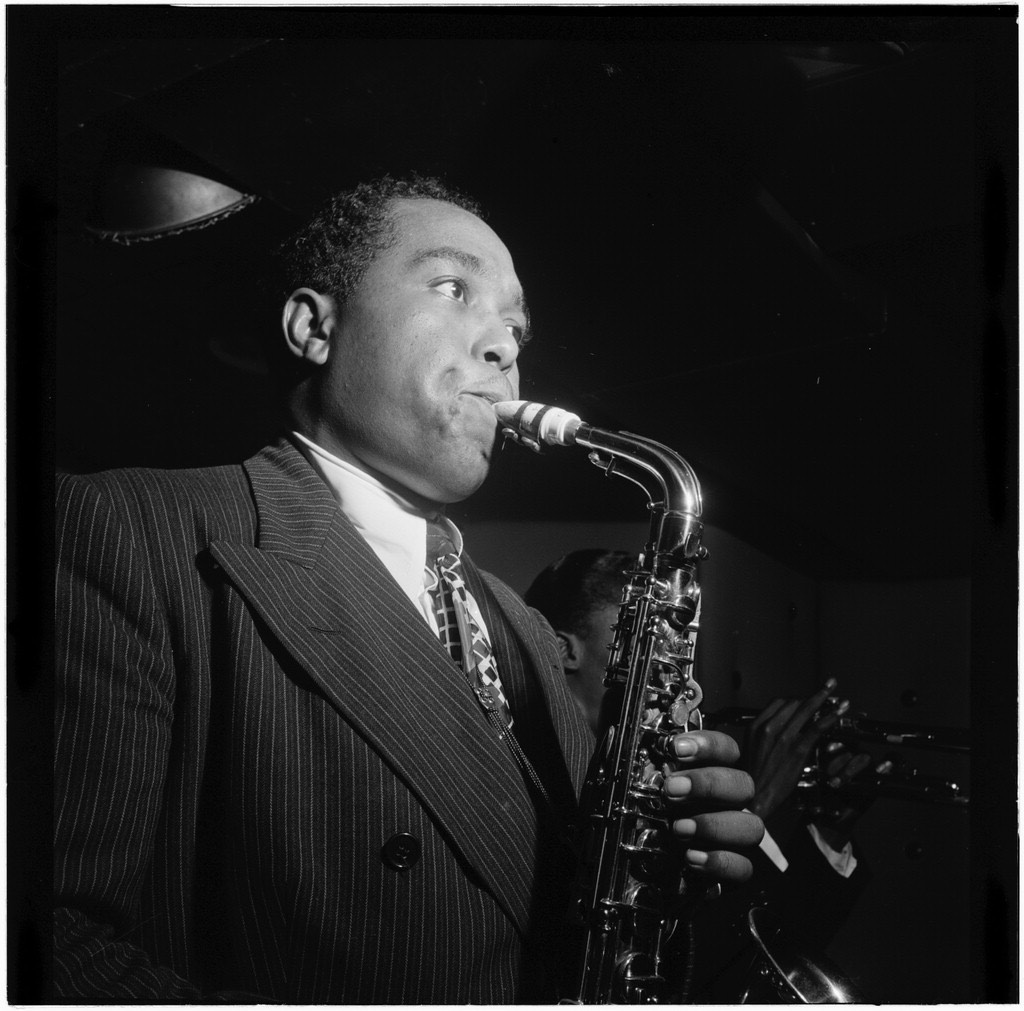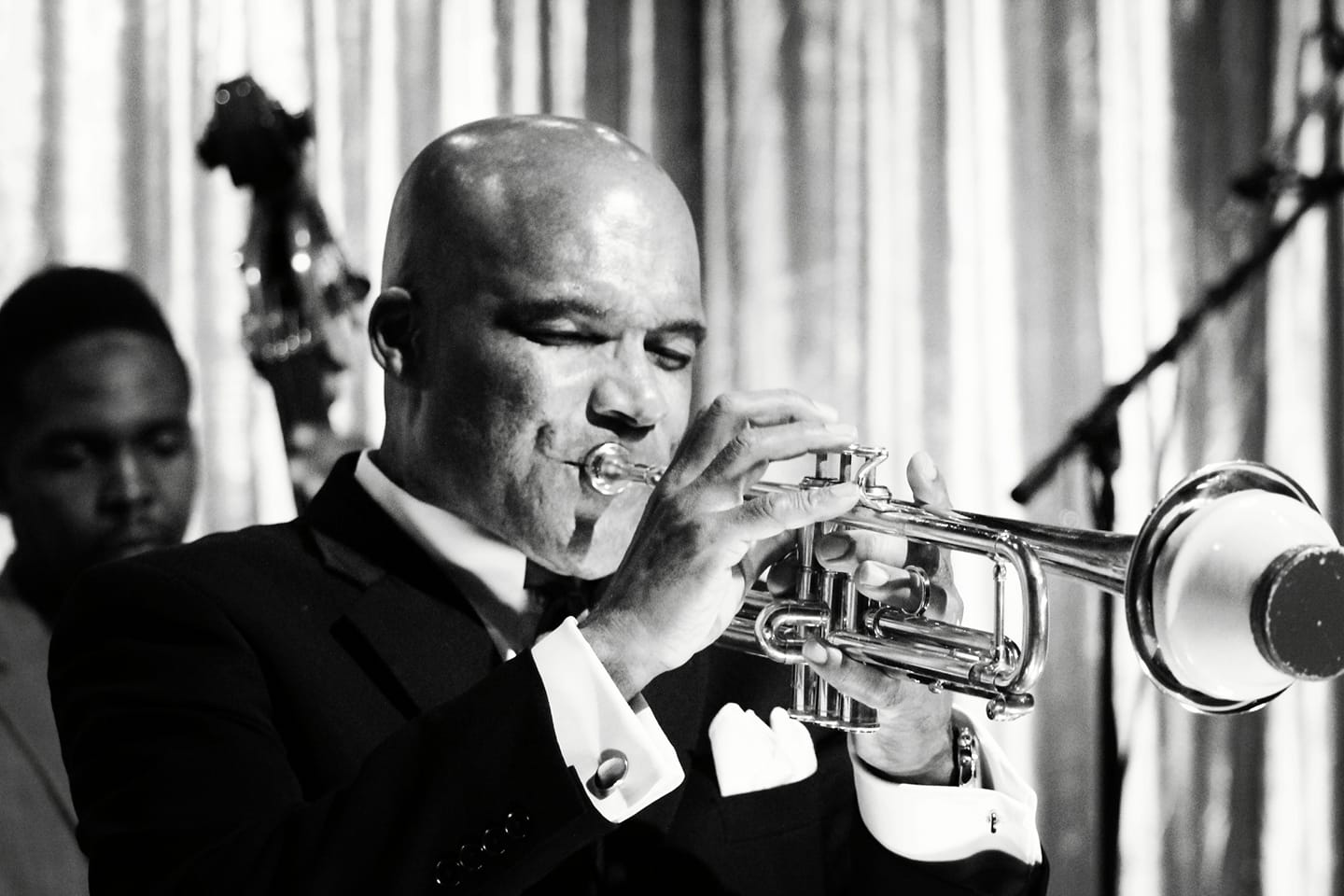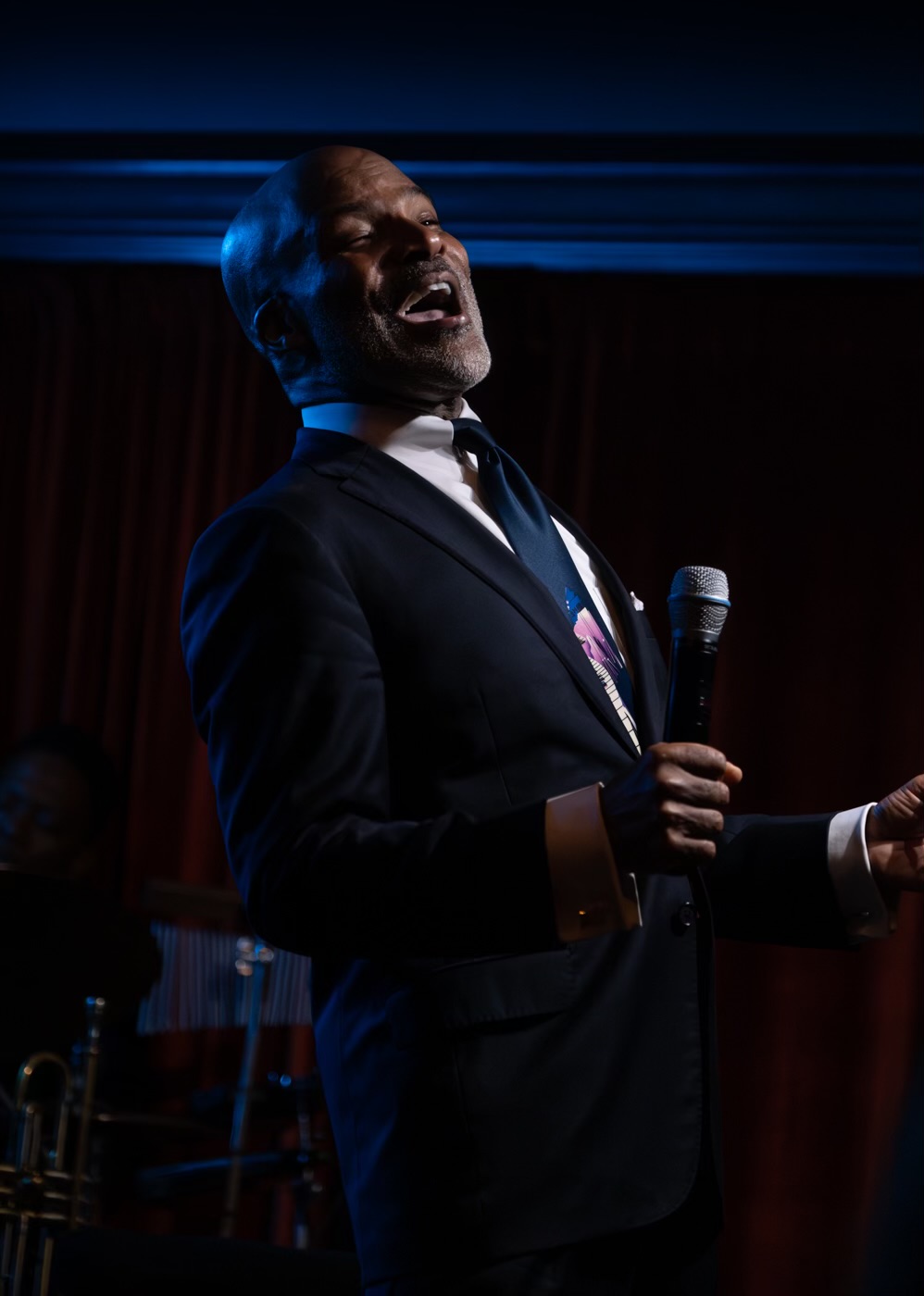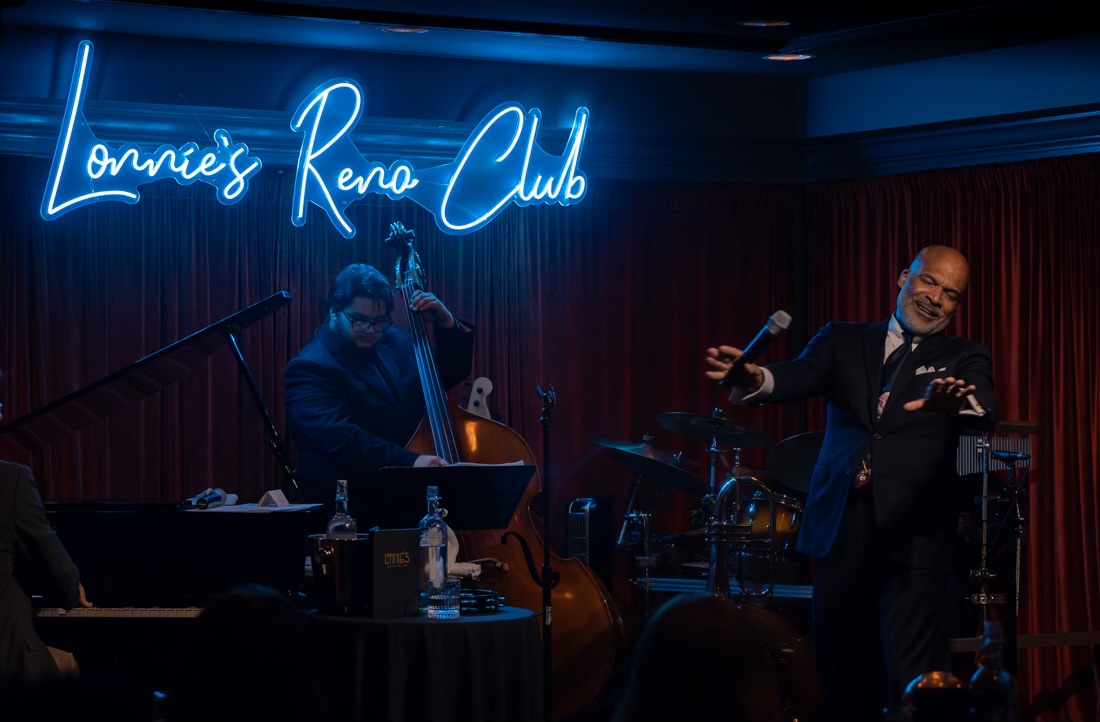
It’s never really been a secret that Charlie Parker was one of the most influential jazz musicians of the 20th century, but it’s taken a while for Kansas City to give him his due. Some of Kansas City, anyway. Local jazz legend Lonnie McFadden has been celebrating Charlie “Bird” Parker’s birthday for over 40 years.

For McFadden, the connection to Charlie Parker isn’t just one of respect or admiration—it’s personal. “His music and his greatness were definitely introduced to me by my father—my father was a friend of Charlie Parker. Now here’s the thing, my father and mother and their friends talked about Charlie Parker so much that I had no idea what a world figure he was, you know, it was just like they were talking about their friend. He used to run around with my father when my father was trying to dig my mom,” he says. “I’ve got so many stories about Charlie Parker.” McFadden’s father, Jimmy “Pops” McFadden, was a tap dancer and musician who toured nationally with The Chocolate Drops and brought many influential jazz musicians into the McFadden home.
Both Lonnie and his brother Ronald were raised on Parker’s music, and McFadden recalls their father playing his records for them. “Both of us were blown away because he was so fast. That’s the first thing you notice—how fast he can play. When you’re a kid that’s, like, unbelievable.” When the brothers first started out as musicians, Lonnie played the trumpet and Ronald played alto saxophone. “It was often spoken about in our house that, if Charlie had lived longer, Ronald would’ve had a private tutor,” McFadden says. “It’s really unbelievable to me when I think about that now because I respect him and love his music so much.” In 2016, Lonnie and Ronald McFadden received a Lifetime Achievement Award from the American Jazz Museum.

The first Parker record McFadden remembers hearing and gravitating toward was Scrapple From the Apple, while his brother’s preference was Don’t Blame Me from the B-side. “It was just so slick to me,” he says. The brothers learned to play music by piecing together the songs slowly, bit by bit. But the album that impacted him most personally? The Quintet: Jazz at Massey Hall, a live jazz album recording with Parker, Dizzy Gillespie, Charles Mingus, Bud Powell, and Max Roach. “All of those guys knew each other, but they were not a cohesive group,” McFadden says. “I mean, Charlie Parker and Dizzy Gillespie played together for years, so it stands to reason they could play tight, but since they hadn’t played together in a while, it’s amazing they just met on stage and—damn. The solos—brilliant. The fire, the velocity, everything. Everybody was so on point that night. If I go back and listen to that album, I’ll still hear things I haven’t noticed. That’s magic. And that’s the case with a lot of Charlie Parker music. He’s the undefeated king of coming up with brilliant passages—on every song, all night long, he does these brilliant solos. I’m in awe of Charlie Parker.”
“Even though he lived just 34 years, he completely changed the way music is played, not just jazz, but music—some hip-hop artists don’t realize they’re doing things Charlie Parker created,” McFadden says. “This is the only jazz musician that’s consistently compared to Mozart, and he’s from right here in Kansas City.” It’s taken a while since Parker’s death for the city to embrace its most renowned musician. “Most people don’t realize it, but the entire jazz district—everything that represented our great jazz history—was erased and destroyed. Even now, they want to call Kansas City the City of Fountains. I mean, come on.”

After watching other cities show off their hometown musicians, like New Orleans’ Louis Armstrong or Memphis with Elvis, McFadden is thrilled to see Kansas City begin to celebrate Parker. “I’ve always been proud of his accomplishments,” he says. “But now we have city-wide Charlie Parker celebrations, and I thank God for it. When Bird died, graffiti artists all over New York were writing “Bird Lives” on the walls. This guy touched everybody from scholars to junkies to everybody, just everybody.” Charlie Parker died in New York City on March 12, 1955, at the age of 34.
“I’m so proud of Kansas City for celebrating one of the greatest musicians that ever played—not just jazz musicians, but greatest musicians that ever played. I’m proud and happy about it,” McFadden says. Learn more about Lonnie’s Reno Club and reservations here.


